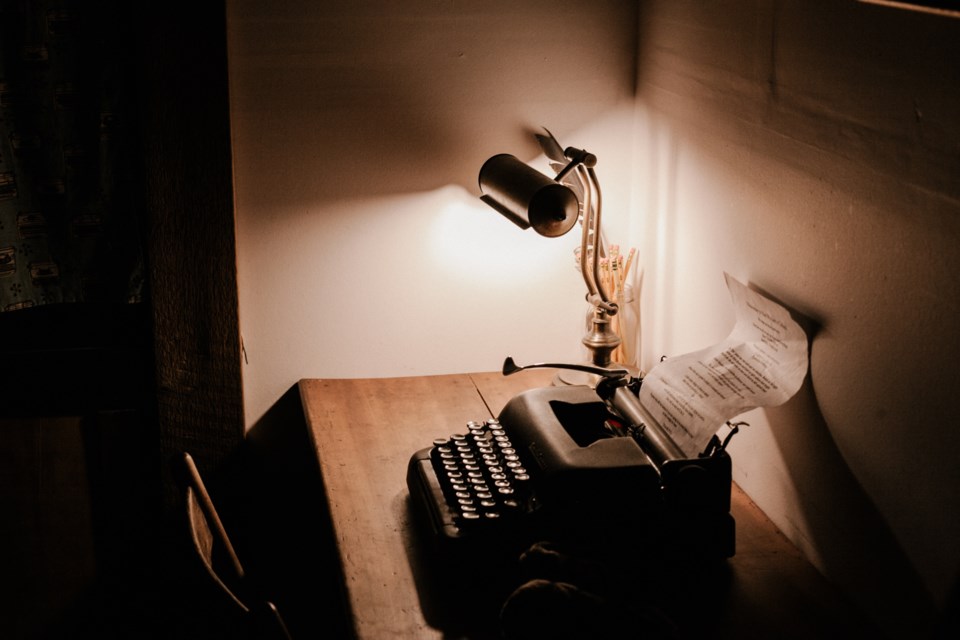This content was originally published by the Longmont Observer and is licensed under a Creative Commons license.
What is the 2nd amendment really about? Something to think about since the founders put it in the bill of rights. There are a lot of interpretations concerning people protecting themselves from others, and protecting the freedom to own a gun, but very little about its placement.
Often the 2nd amendment is given in argument as support for the first amendment. In my view, this diminishes its overall value. The Bill of Rights tells citizens what the government cannot do to them and how to maintain control of their lives. Not that the government should or would control the people in ways that they wouldn’t want, the Bill of Rights is our social contract of liberty.
It is a social contract insofar as our different knowledge or interpretations of our constitution. People have different ideas about what the Bill of Rights means while reading it out-of-context with the larger work. This document was written by a committee of people with different ideas. Reading a few short sentences misses the flavor of the novel. It’s not a rule book. It’s an idea book. As individuals, we have different ideas about it.
The body of the constitution stands. Changes to that are amendments. So right from the start, the founders had more ideas, but if any of these ideas didn’t work out, it would be easier to repeal amendments.
The very first amendment is one no one wants to repeal, but isn’t genuinely being enforced. Residents in most counties can’t petition the ballot while our government seeks to suppress information, history, and knowledge. A world in which the truth equals treason. Religious concerns have a strong lobby to support their portion of the 1st amendment. This is our law; For the people. To enforce it is up to us.
Many of the other amendments seem old, like the 4th through the 8th, which in my view were to keep our nation from creating a criminal caste society of people indebted to the court. See how these ideas have also not been followed very closely.
Number nine has long been my favorite. The founders did not assume they were blessed with vision, and did not know what all the rights bestowed by the creator might be. It tells the reader that this is not an inclusive list of rights. It’s an invitation for more amendments. Let’s be wise about those, and if need be, repeal them. Such as the populist driven changes to prohibit alcohol; give voting rights to women; free slaves, and let soldiers vote.
At least one amendment faced widespread repeal, and I am not a criminal for drinking porter.
The 2nd amendment supports the freedom and liberty of all of the people who have had a different idea, either about themselves or representing a group. The founders understood the military forces being applied to themselves, to their colonies. The group the founders declared was a free state.
For many interpreters of the 2nd amendment, the 10th amendment puts gun control in the hands of the state. So it has been state legislatures that respond to demands for gun control, who also have their own state constitutions and constituents.
We have a militaristic government. Our domestic police force is military trained and equipped. Our state militia is a federal force on loan to our governor when their federal commanders think it's okay. We the people can have great difficulty finding a court to hear our grievances or petitioning the ballot or not self incriminating under torture without the means to respond to military force.
We are grouped as states, but we are individually free if we force it. Or we can run. My uncle had a small pistol for self protection as a labor organizer. The Nazis found him to be a jew with a gun. He ran and lived a new life elsewhere as a doctor. Ethnic cleansing starts with disarming subversives, political and religious.
If we want to start with classes of people who should not own a gun, let’s use the repeated violation of the other nine amendments as a kick off point. A very high percentage of those already banned from possessing guns under state and federal laws were convicted unjustly by a system designed to reward a criminal caste society. There is a desire by those remaining free to be well armed and prepared, not be a victim of either criminal intent, or the unintended consequences of changing the Bill of Rights.



